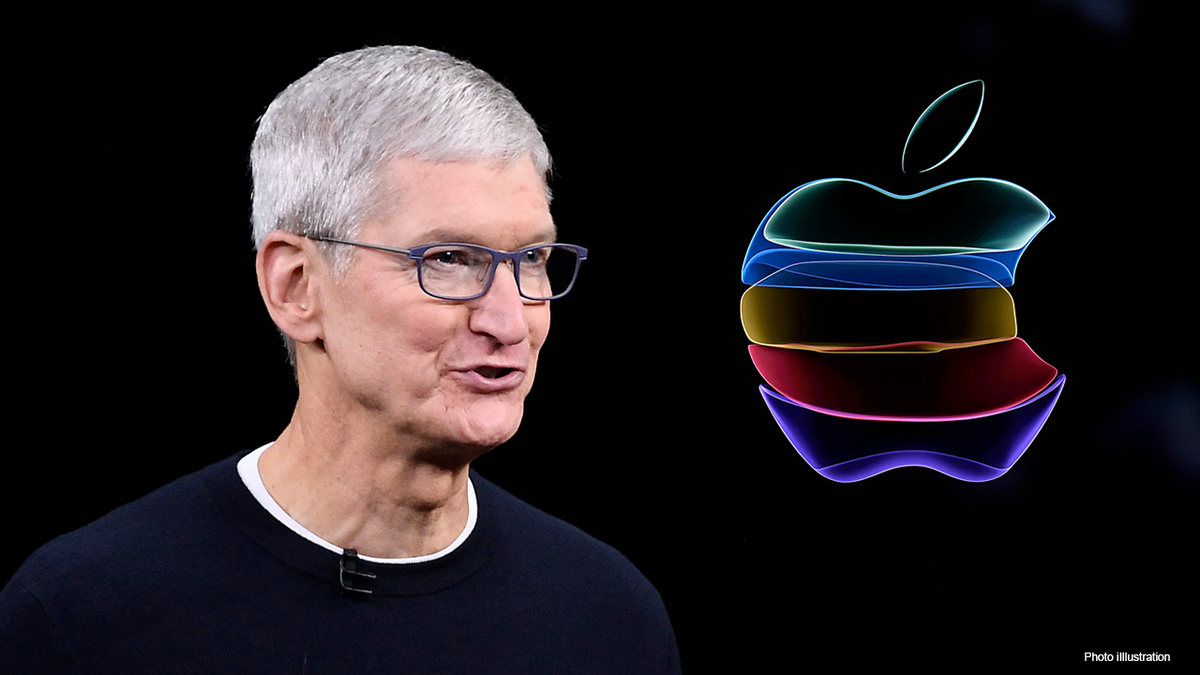Supreme Court hearing arguments in tech free speech cases
Fox News contributor Jonathan Turley joined 'America's Newsroom' to discuss two cases before the Supreme Court dealing with free speech on the internet.
Big Tech lawyers are riding high. A Delaware judge recently delivered a lengthy memo trampling the American justice system and supporting Big Tech’s longstanding efforts to crush smaller entrepreneurs.
Chief Judge Colm Connolly of the U.S. District Court of Delaware bit hook, line, and sinker on an absurd argument that the biggest and richest technology companies have been peddling for decades.
Connolly is attacking the practice of "third-party litigation financing." The funding source allows lenders and investors to help underwrite lawsuits on behalf of patent owners seeking to hold Big Tech accountable for infringement.
MATT TAIBBI HITS SEN. ANGUS KING AS LAWMAKER REACTS TO CENSORSHIP CLAIMS FROM LATEST TWITTER FILES
Last April, Connolly issued a standing order requiring litigants to reveal any third-party financing. But who's funding a suit has no relevance whatsoever to whether infringement has taken place. This disclosure demand is a distraction and sideshow at best – exactly what the shady Big Tech defendants want.

Big Tech firms like Apple, Google and others are trying to use the courts to make it tough on smaller firms. PICTURED: Apple CEO Tim Cook
Nevertheless, Connolly doubled down on his April order with a late-November memo, a self-justifying, 78-page screed in which he claims his "inherent power" – as opposed to any federal statutory authority – justifies his disclosure demand.
The judge is choosing to ignore the fact that third-party funding is a normal part of our legal system. In fact, it's the only way many Americans can get their day in court.
Litigation is time-consuming and expensive, and most individuals and small businesses do not have the millions of dollars it takes to fight Big Tech – Google, its sister company YouTube and Apple, to name a few. That's why outside funding, sometimes in conjunction with lawyer contingency-fee arrangements, is so common. Justice would hardly be served if only the richest people and companies could go to court. Yet that's exactly what Big Tech wants.
To that end, Big Tech and its allies have launched a furious campaign against third-party financing. In a November report, for example, the U.S. Chamber of Commerce asserted that "a foreign government could fund litigation to advance its strategic interests against the U.S."
The chamber offered no evidence that any foreign governments have actually used the U.S. court system this way.
The best way to check the rise of China and other geopolitical rivals is to out-innovate them. But that will be impossible if our biggest, most-entrenched tech companies succeed at using the courts to crush the small entrepreneurs responsible for most of America’s recent groundbreaking advancements.
Ironically, today's biggest enterprises would never have thrived in their early years without strong intellectual property (IP) protections.
Strong IP laws are a bedrock part of the U.S. economy. When one company steals another's intellectual property, the latter has a right to sue. But as once-innovative companies became massive, they hired armies of lobbyists and lawyers to press for self-serving legal changes and court outcomes.
These underhanded legal maneuvers have successfully tipped the scales in favor of the robbers and greedy corporations.
In the early aughts, a jury found that eBay had violated patents held by MercExchange. Yet on the question of whether this automatically entitled MercExchange to injunctive relief – a court-ordered ban on eBay using the stolen patents -- the Supreme Court in 2006 decided "no." This sent the message that at least one means of punishing patent thieves was off the table.
Big Tech scored another coup when a 2011 law created a new review process within the executive branch, making it faster and cheaper for plaintiffs to challenge the validity of existing patents.
CLICK HERE TO GET THE OPINION NEWSLETTER
Around the same time, Big Tech companies adopted a strategy known as "efficient infringement." They appropriate another company’s invention, wait for the lawsuit, then fight it out in court, counting on their typically vast advantage in resources to wear down the small patent holder.
Litigation is time-consuming and expensive, and most individuals and small businesses do not have the millions of dollars it takes to fight Big Tech. That's why outside funding, sometimes in conjunction with lawyer contingency-fee arrangements, is so common. Justice would hardly be served if only the richest people and companies could go to court. Yet that's exactly what Big Tech wants.
As part of this procedure, they then use that review process to open a second front, challenging the validity of patents held by companies already suing them for infringement. For years, the review board allowed challenge after challenge to the same patent. Even if the board does ultimately uphold patents as valid, the process is designed in a way that advantages the rich.
CLICK HERE TO GET THE FOX NEWS APP
Small inventors who've seen their patented technology stolen don't stand a chance in court if they run out of cash. Hence, the recent rise of litigation finance in IP cases.
We shouldn't be surprised that gigantic companies are trying to pull up the ladder on younger, scrappier innovators. But it's sad to see that a federal judge would rather play on their team than fight for fairness.


